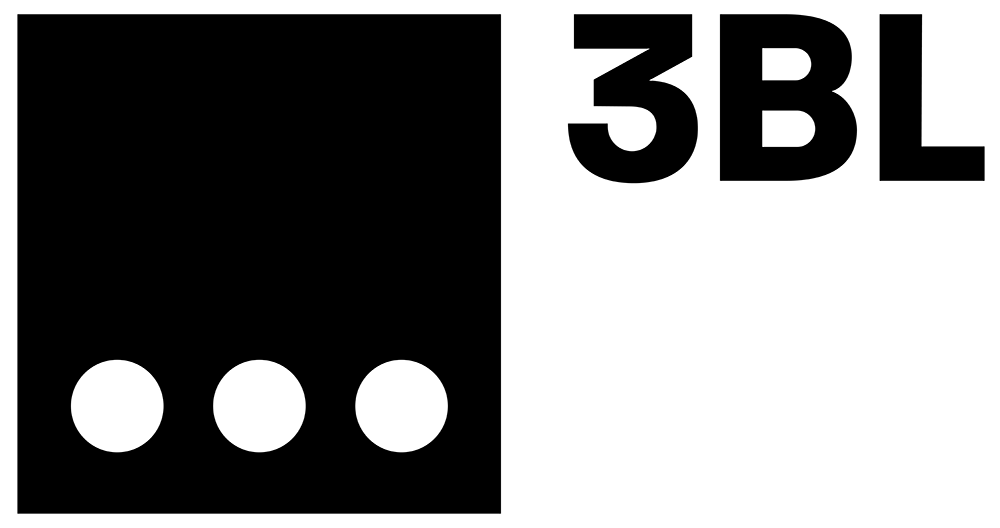Guest Post: UnSchooled: How ‘Lifelong Learning’ Could Transform Education As We Know It

While super high definition TVs, 3D printers and wearables dominated the discussion at this year’s Consumer Electronics Show (CES) in Las Vegas, I had the opportunity to participate in smaller conference track focused on how technology is transforming education. I moderated a panel on what is known as “lifelong learning” and found the conversation useful and inspiring from a social good perspective.
Lifelong learning includes MOOCs or Massive Open Online Courses (an acronym which, evidently, requires people to sound like a cow when saying it) usually offered through large universities. It also includes structured online courses to improve professional skills or online courses for hobbyists (think: guitar lessons, photography, art) as well as technology that helps you learn better and retain more.
Given the cost of traditional higher education and current student debt levels, the players in this space could ultimately revolutionize how people gain the knowledge and skills they need to be competitive in today’s global high tech economy.
Just Not for Doctors
Chase Jarvis, co-founder of Creative Live (one of my panelists), talked at length about how our current education system, especially K-12 is antiquated – essentially designed to produce factory workers. Virtual learning offers the opportunity for a student to learn at his or her own pace versus everyone learning the same material at the same time in the same way. Many companies do not care whether potential programmers or IT employees have a liberal arts degree. It’s all about the ability to code and knowledge of the latest software. That said, all of the panelists agreed they would not want their doctor to be credentialed through online courses.
The Price is Right
Lifelong learning could democratize education. The potential to gain important skills and certifications online at a much lower cost than traditional college courses levels the playing field for professionals who may not have the time or money to go back to school in order to advance in a field. It also gives low-income students here and abroad access to higher education. And, companies like Udemy allow anyone to use their free software to create, teach and charge for online courses. (Udemy takes a percentage of the revenue).
Badging for social good?
I first heard about badging when Mozilla launched the Open Badges Project (http://openbadges.org/). In many ways this is the Girl Scouts/Boy Scouts patching system gone digital – or receiving medals or stripes in the military. In the lifelong learning context, the idea is that offering digital badges for completing courses serves as a motivation finishing them, and that badges can and should ultimately serve as the new transcript. Social marketers can also participate in the +SocialGood badging project, which came out of this year’s Mashable Social Good Summit.
This space is not without its challenges. NPR just ran a story on the promise and disappointment of MOOCs, focusing on the number of students who don’t complete these courses. The digital divide still exists, making Internet access key to being able to participate, though most of the companies I spoke with have strong mobile platforms as well. Despite these challenges, the potential of lifelong learning as an equalizer should not be ignored.
This post originally appeared on AdLibbing. Distributed with permission of the blog.

